State the relationship between each of the following five (5) pairs of structures (identical, enantiomers, diastereomers, structural isomers, different compounds that are not isomeric)

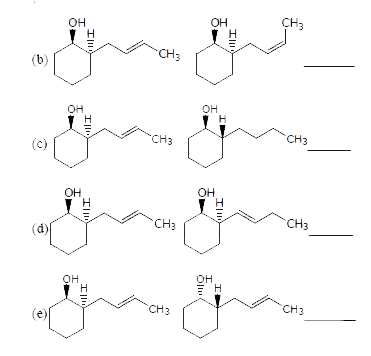
The correct Answer is:(a) Diastereomers (b) diastereomers (c) not isomer (d) structural (e) Enantiomer
Step by step video & image solution for State the relationship between each of the following five (5) pairs of structures (identical, enantiomers, diastereomers, structural isomers, different compounds that are not isomeric) by Chemistry experts to help you in doubts & scoring excellent marks in Class 12 exams.
Updated on:21/07/2023Topper's Solved these Questions
- ISOMERISMBOOK - MOTIONCHAPTER - ISOMERISMEXERCISE - Exercise 4
26 Videos
- ISOMERISMBOOK - MOTIONCHAPTER - ISOMERISMEXERCISE - Exercise 2
50 Videos
- IONIC EQUILIBRUIMBOOK - MOTIONCHAPTER - IONIC EQUILIBRUIMEXERCISE - Exercise -4 (Level -II)
14 Videos
- LIQUID SOLUTIONBOOK - MOTIONCHAPTER - LIQUID SOLUTIONEXERCISE - EXERCISE-4 (Level-II) PREVIOUS YEAR JEE ADVANCED
19 Videos
Similar Questions
State the relationship between each of the following five (5) pairs of structures (identical, enantiomers, diastereomers, structural isomers, conformational nisomers, different compounds that are not isomeric)
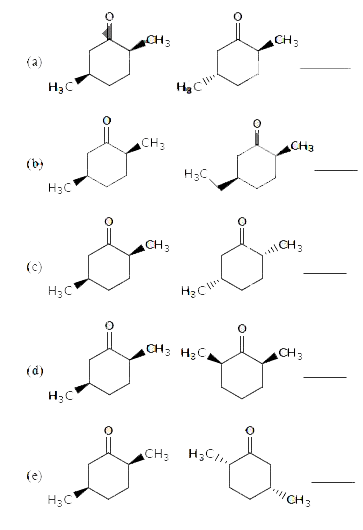
View SolutionClassify each of the following pairs of structure as
I. Identical
E. Enantiomers.
D. Diastereomers
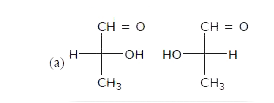
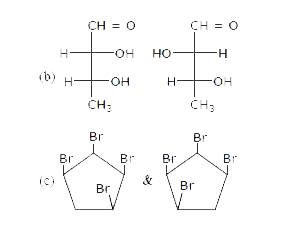
View Solution
Knowledge Check
Which of the following pairs of structures represent enantiomers?
A B
B C
C D
D
Which of the following pairs of structures pepresent conformational isomers?
A B
B C
C D
D
Which of the following pairs of structures does not represent isomers ?
A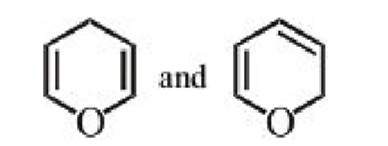 B
B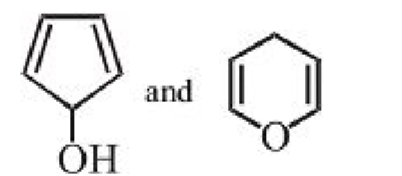 C
C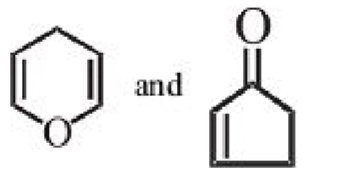 D
D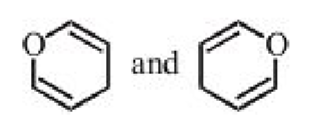
Determine if the following pairs are identical, isomers, enantiomers, or diastereomers.
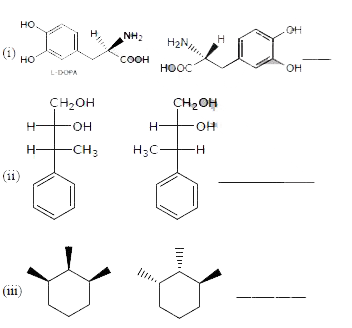
View SolutionWhat is the relationship between the following two structures ?

View SolutionWhich of the following pairs of structure shows geometrical isomerism ?
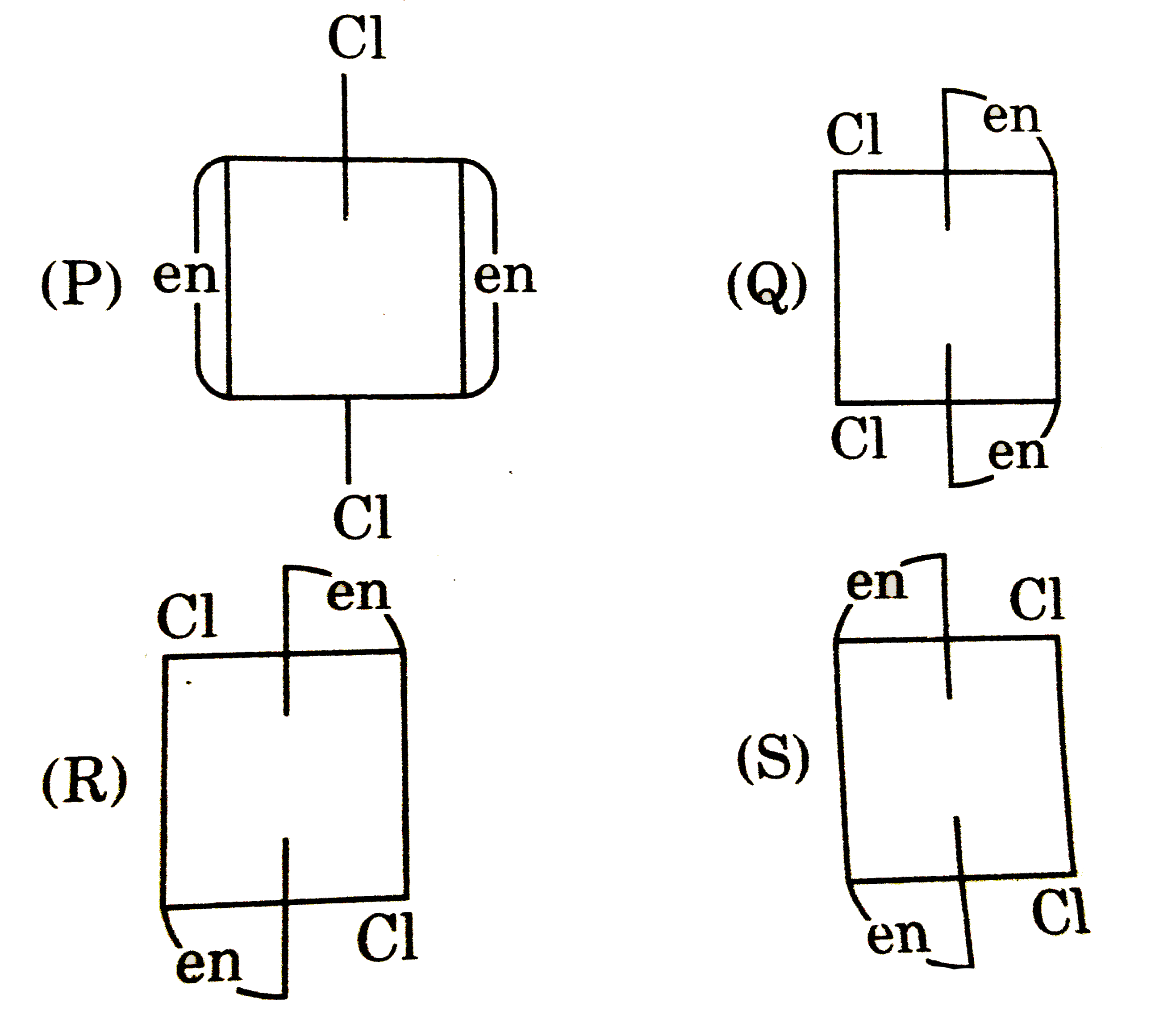
View SolutionWhich of the following pairs of structures shows geometrical isomerism ?

View SolutionWhich of the following pairs of structures do not represent isomers?
View Solution
